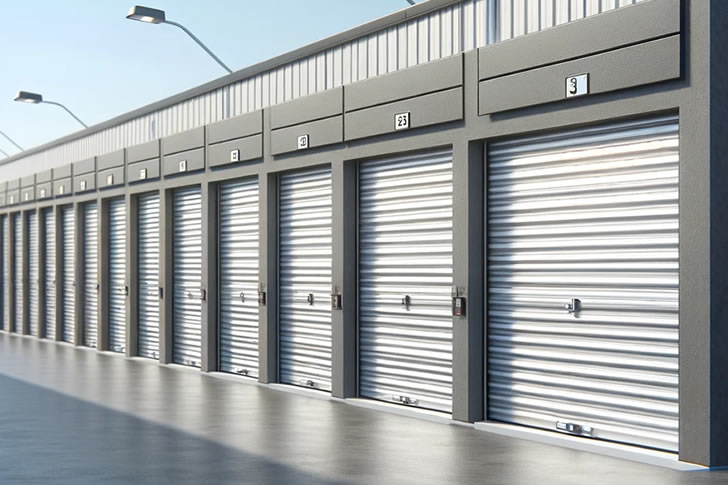Practical Tips for Finding Economical Storage Units in US
In the ever-growing landscape of urban and suburban living, finding adequate space to store belongings can be a challenge, prompting many to turn to storage units. However, renting a storage unit can often seem like an expensive endeavor. This guide will explore practical strategies to secure low-cost storage options across the United States, backed by relevant data and devoid of sensationalism.

Understanding the Storage Unit Market
The self-storage industry has been a significant part of the American economy for decades. According to a 2021 report by IBISWorld, the US self-storage market generates about $39.5 billion annually. This market growth is driven by various factors, including relocation, downsizing, and the increasing trend of minimalistic living.
Location Matters
One of the most critical factors affecting the cost of a storage unit is its location. Urban areas, especially in cities like New York and San Francisco, tend to have higher rental costs due to increased demand and limited space. In contrast, rural and suburban areas typically offer more affordable options. For example, renting a standard 10×10 foot unit might cost you around $160 per month in a city center, whereas the same unit could be as low as $100 per month outside urban locales.
Size and Type of Storage
The size of the storage unit drastically impacts the price. Smaller units are obviously cheaper. Moreover, consider whether you need a climate-controlled unit, which protects items from extreme temperatures and humidity but can cost about 15% more than non-climate-controlled spaces.
Duration of Storage
Long-term rentals can also influence cost. Many facilities offer discounts for extended leases, so if you know you’ll need your unit for a long period, negotiate to get a better rate. For instance, some companies offer a 10% to 15% discount on six-month or annual payments made upfront.
Shopping Around
It’s essential to compare prices and promotions from multiple storage facilities. Use online tools like SpareFoot or SelfStorage.com to compare local prices and special deals. These platforms also often feature customer reviews, which can provide insight into the quality of the facilities and customer service.
Discounts and Special Offers
Many storage companies offer a variety of discounts that can significantly reduce costs. These can include:
- First-time renter discounts: Sometimes as much as 50% off the first month.
- Military and senior discounts: Usually around 10%.
- Student discounts: Especially near colleges during the beginning or end of a school year.
Alternative Options
Consider less conventional storage solutions such as portable storage units or utilizing peer-to-peer storage rental services like Neighbor.com, where you can rent space in someone’s garage or shed at potentially lower rates than traditional storage facilities.
Insurance
While many renters opt for insurance to protect their stored items from damage or theft, this can add to the cost. Check if your existing homeowner’s or renter’s insurance policy covers items stored off-site; this could save you the expense of purchasing additional insurance through the storage facility.
Negotiation
Don’t hesitate to negotiate the price. Some managers have the discretion to offer better rates, especially if you can commit to a longer rental term or pay upfront for several months.
Stay Flexible
Flexibility can also lead to savings. If you’re not in a hurry, wait for seasonal promotions or new facility openings, which often come with introductory offers to attract customers.
Utilize Customer Reviews
Lastly, leverage the experiences of others through customer reviews. These can provide valuable insights into the reliability and cost-effectiveness of storage facilities, helping you make a more informed decision.
Conclusion
Securing an affordable storage unit in the US requires a combination of understanding market dynamics, leveraging available discounts, and employing strategic negotiation. By following these tips, you can find a storage solution that meets your needs without breaking the bank.







Recent Comments